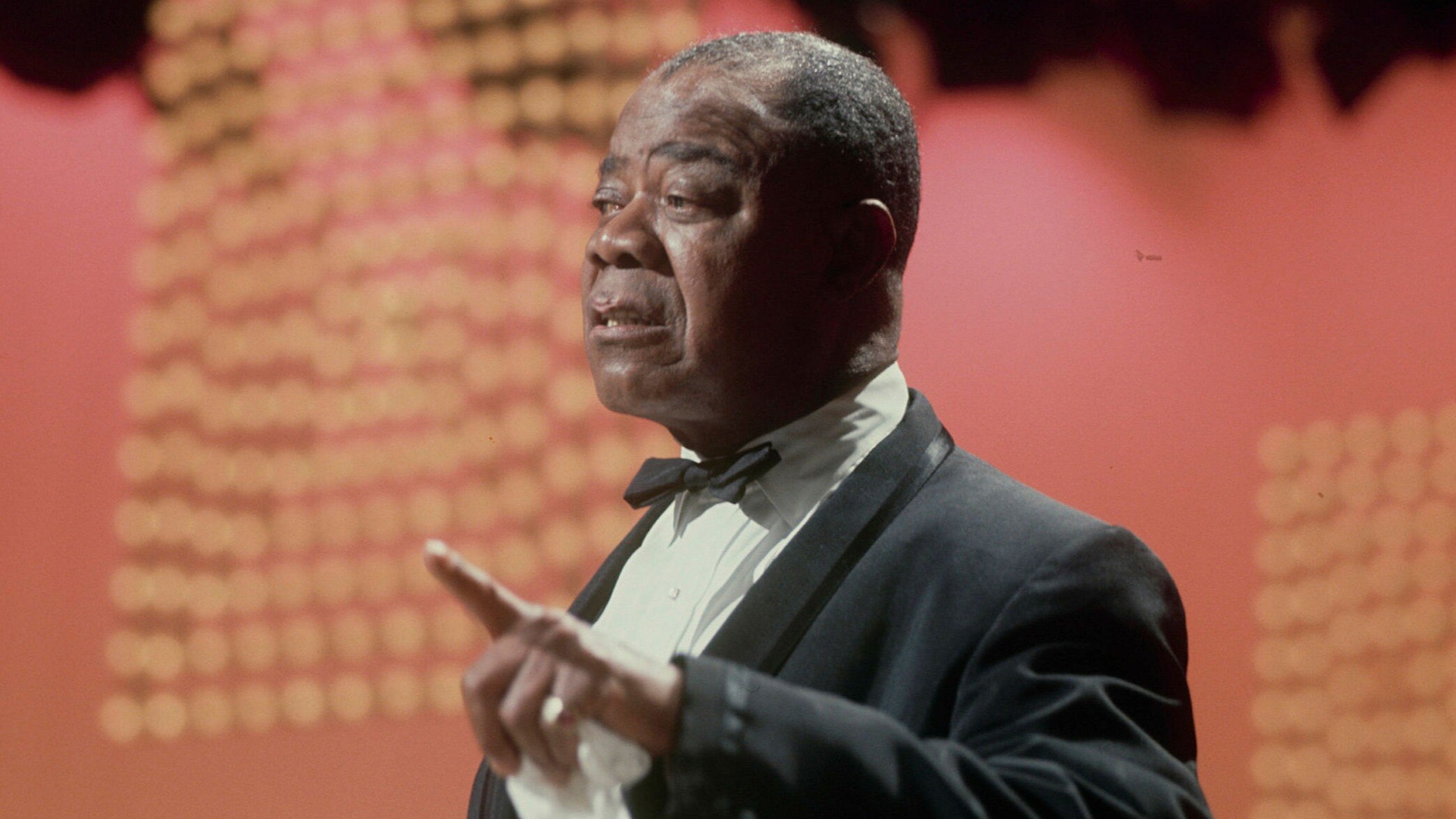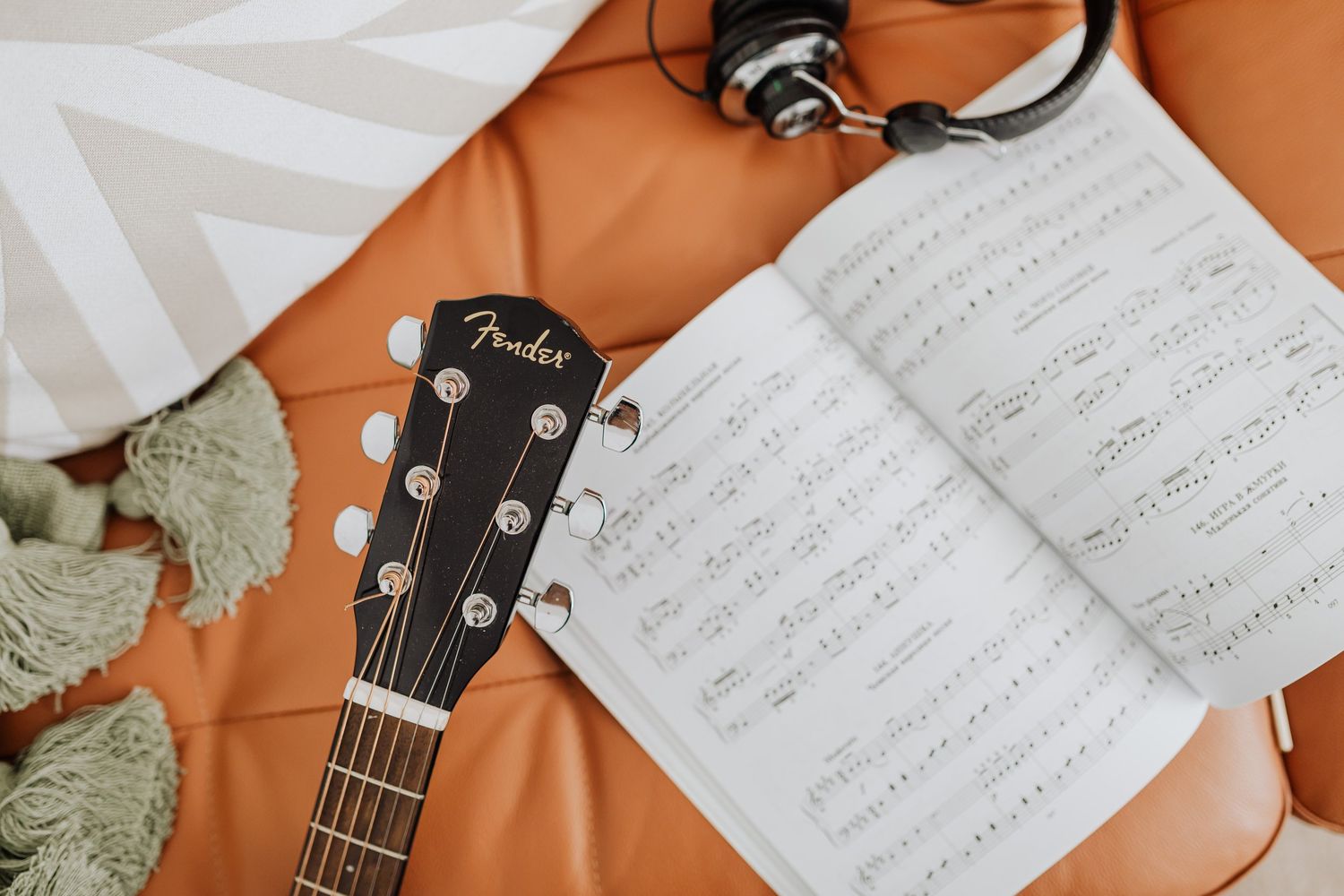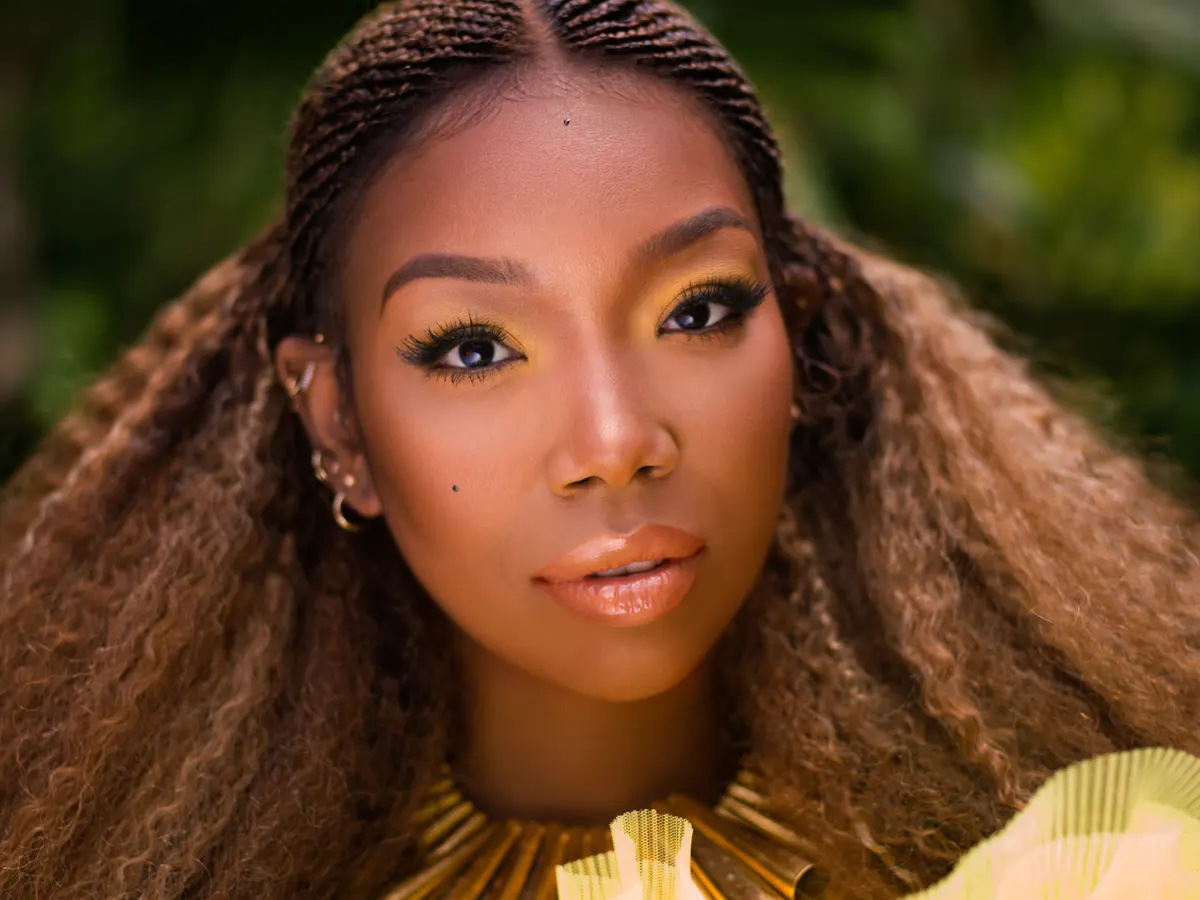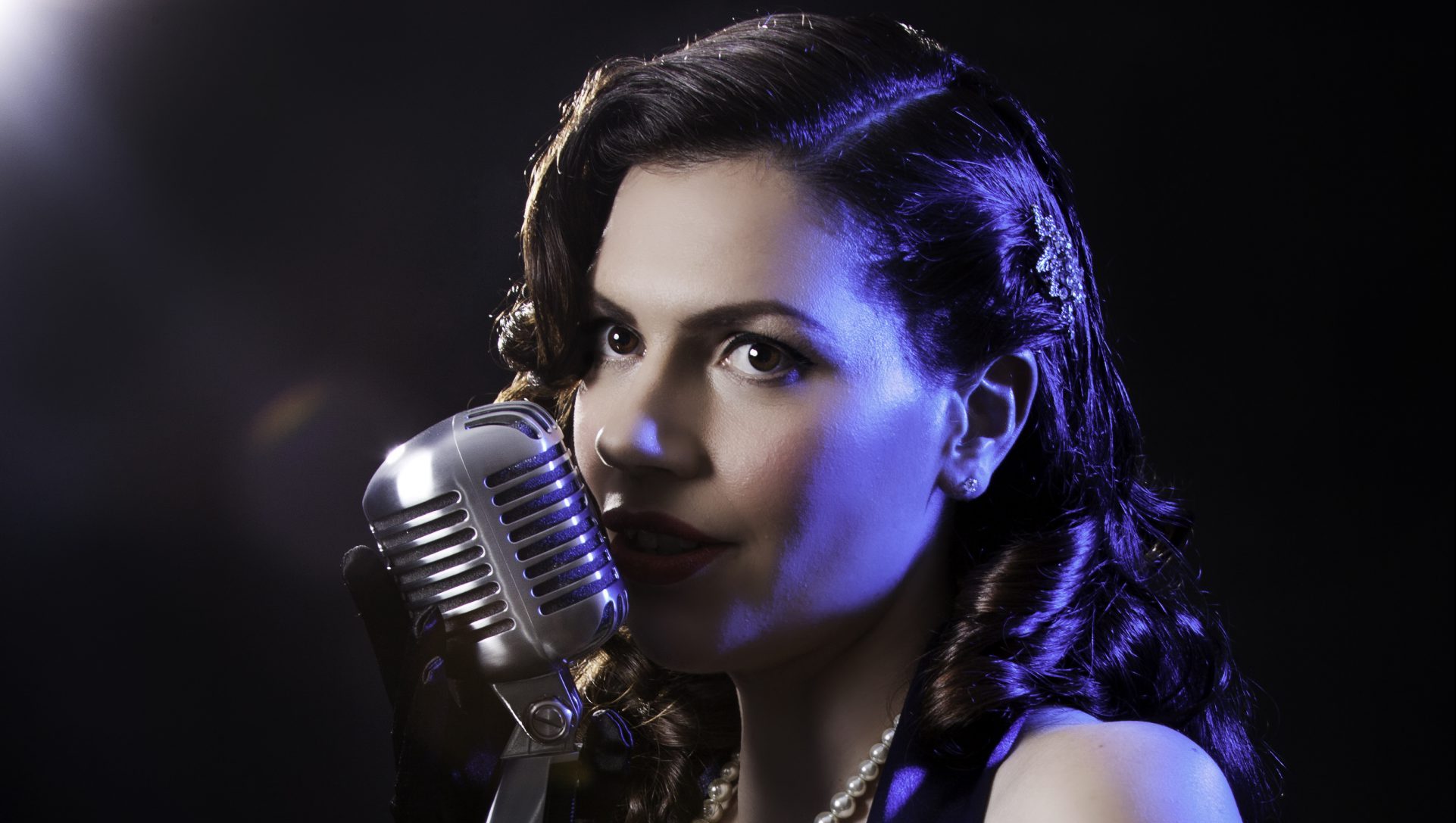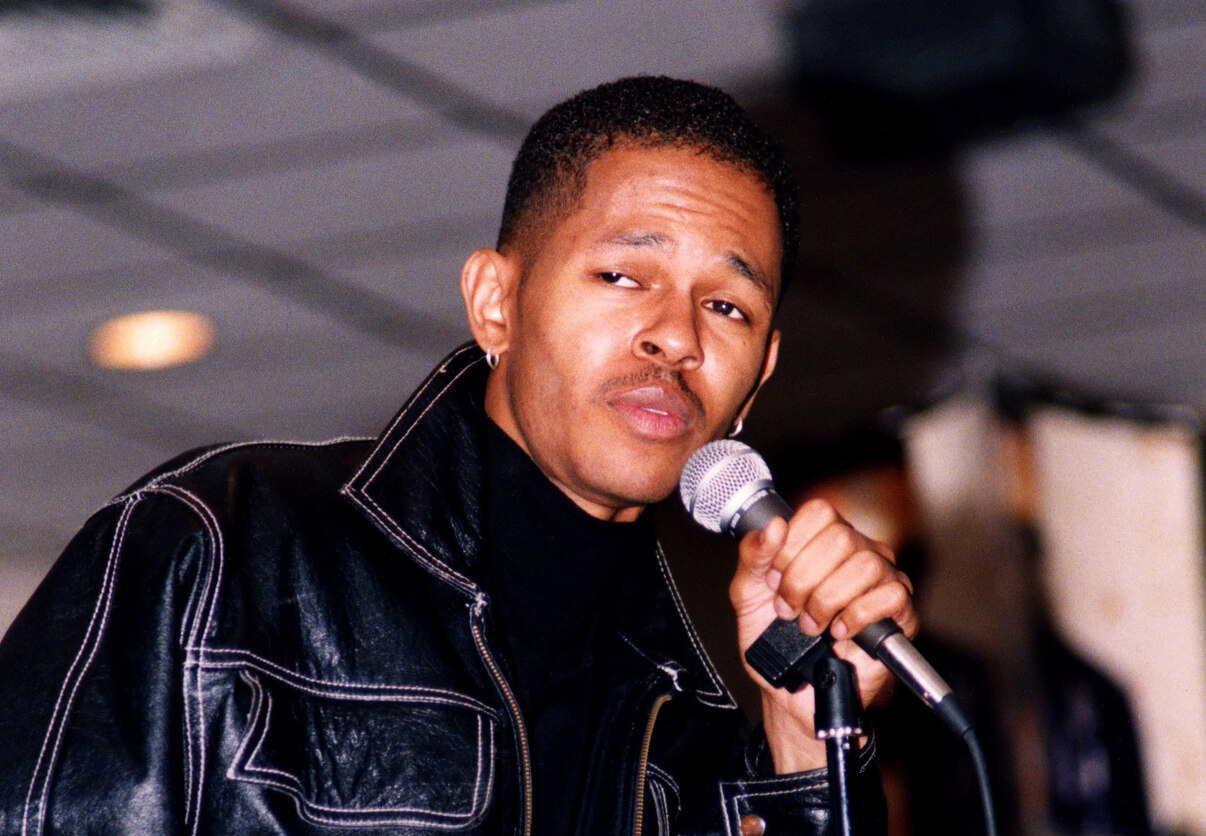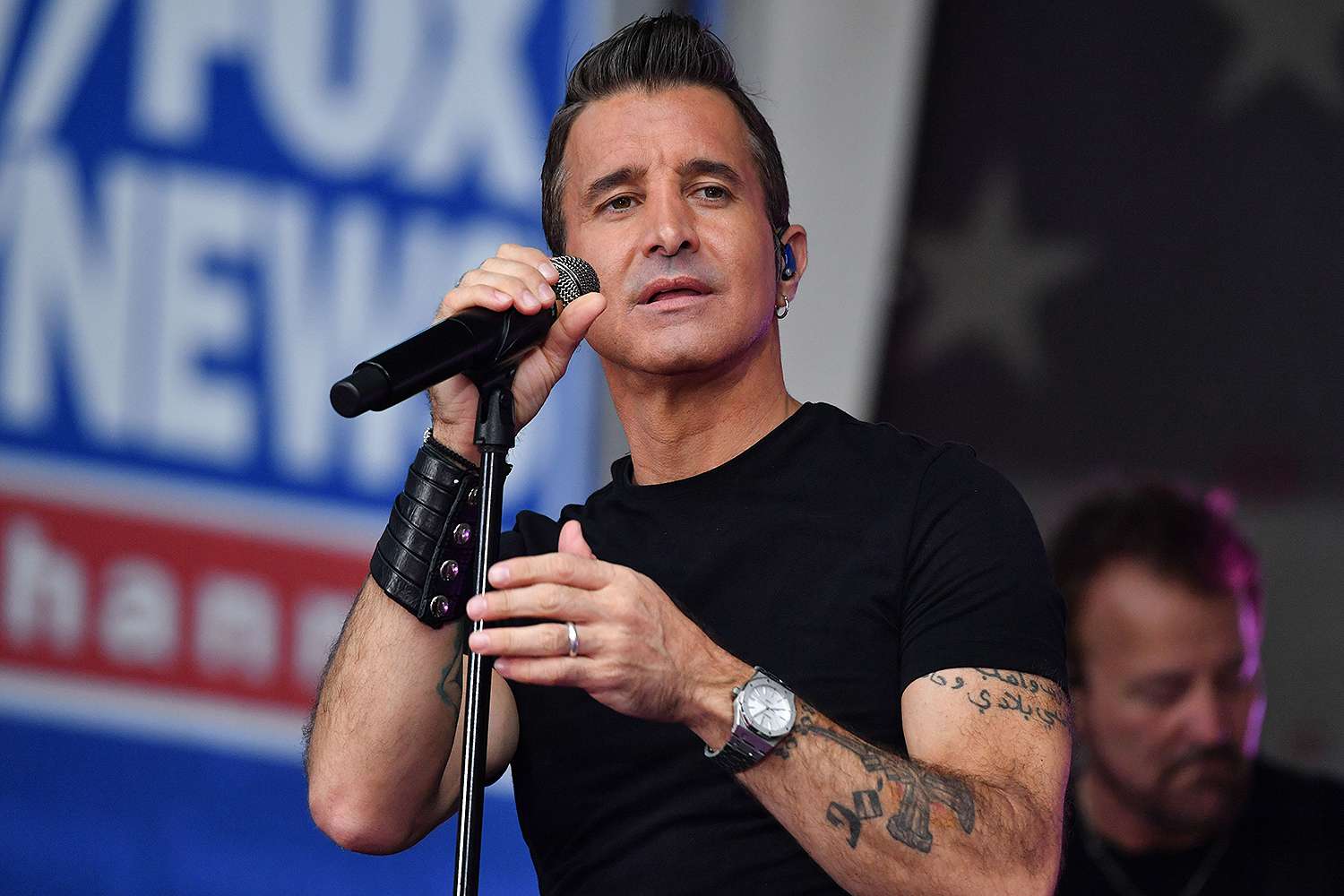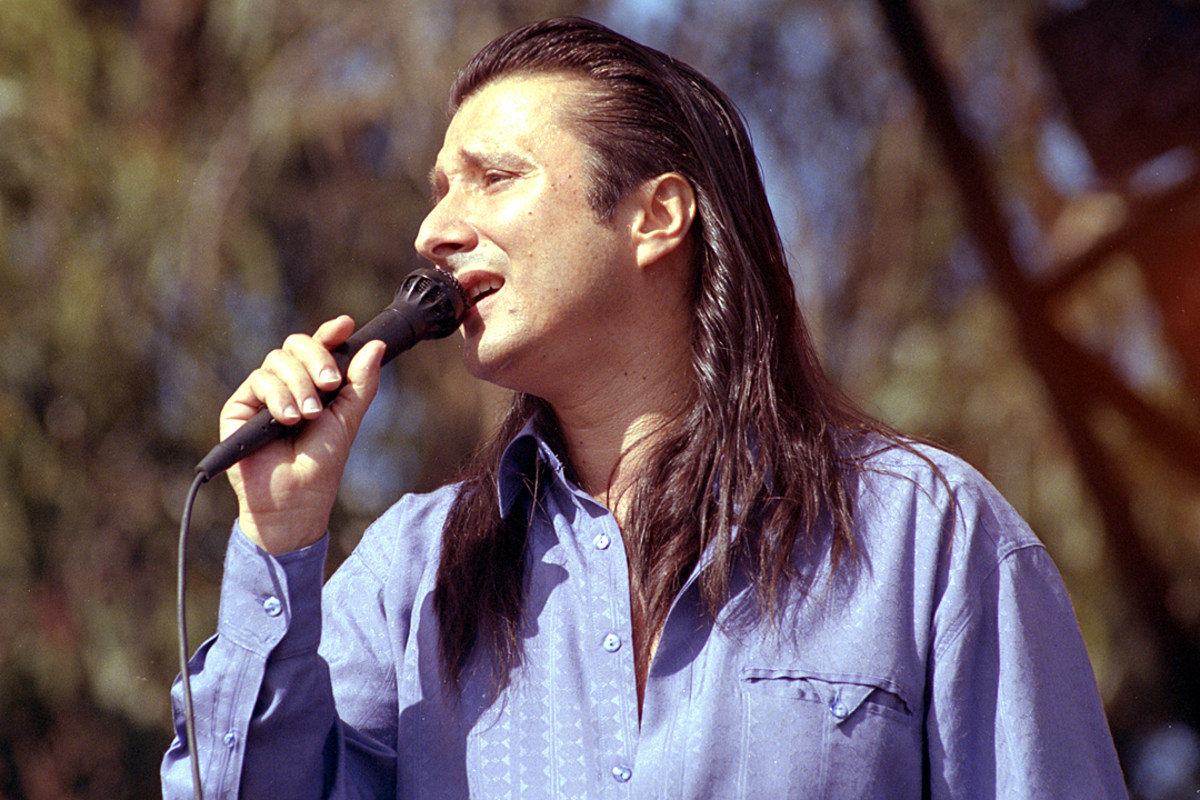Home>Production & Technology>Singer>What Is A Soprano Singer


Singer
What Is A Soprano Singer
Published: February 28, 2024
Discover the art of soprano singing and learn what it takes to become a skilled singer. Explore the world of sopranos and their unique vocal abilities. Gain insights into the training and techniques involved in mastering the soprano voice.
(Many of the links in this article redirect to a specific reviewed product. Your purchase of these products through affiliate links helps to generate commission for AudioLover.com, at no extra cost. Learn more)
Table of Contents
Introduction
Soprano singers are often revered for their ability to reach soaring high notes and captivate audiences with their stunning vocal range. In the world of music, the soprano voice holds a special place, enchanting listeners with its clarity, agility, and ethereal beauty. Whether performing in operas, choral ensembles, or as soloists, sopranos play a pivotal role in bringing melodies to life and evoking powerful emotions through their singing.
The term "soprano" originates from the Italian word for "highest," which aptly describes the lofty pitches that these singers effortlessly reach. Sopranos are known for their ability to effortlessly hit notes at the upper end of the vocal spectrum, often leaving audiences in awe of their vocal prowess. This vocal range allows sopranos to add a unique dimension to musical compositions, contributing to the rich tapestry of sound in various genres and styles.
Soprano singers are often considered the leading ladies of the vocal world, taking on roles that demand both technical skill and emotional depth. Their performances can range from portraying innocent heroines to powerful divas, showcasing the versatility of the soprano voice. Whether it's the delicate trills of a Mozart aria or the dramatic intensity of a Puccini opera, sopranos bring an unparalleled expressiveness to their singing, captivating audiences with their ability to convey a wide range of emotions through their voice.
As we delve deeper into the world of soprano singers, we will explore the defining characteristics of a soprano voice, the impressive range that sopranos possess, the diverse roles they undertake, and the legacy of some of the most iconic sopranos in the history of music. Join us on this melodious journey as we unravel the enchanting world of soprano singers and gain a deeper appreciation for the artistry and skill that defines this vocal tradition.
Definition of a Soprano Singer
A soprano singer is a vocalist with a high vocal range, typically capable of reaching notes at the upper end of the musical scale. The soprano voice is characterized by its clarity, agility, and shimmering quality, often described as ethereal and radiant. Sopranos are known for their ability to effortlessly hit high notes with precision and expressiveness, captivating audiences with the sheer beauty and purity of their vocal tone.
In vocal classification, sopranos are classified as the highest female voice type, with their vocal range extending from approximately middle C (C4) to high A (A5) or even higher in some cases. This expansive range allows sopranos to effortlessly navigate through intricate melodic lines, showcasing their ability to soar to the heights of the soprano register with grace and control.
Soprano singers are often sought after for their ability to bring a sense of brilliance and luminosity to musical compositions. Their voices add a celestial quality to choral arrangements, operatic performances, and solo pieces, elevating the overall sound with their shimmering timbre. Whether performing as soloists or as part of an ensemble, sopranos infuse their singing with a sense of purity and radiance that is truly captivating.
Beyond their vocal range, sopranos are also valued for their versatility and ability to convey a wide range of emotions through their singing. From portraying innocent ingénues to commanding leading ladies, sopranos bring a depth of character and expression to their performances, breathing life into the music with their emotive delivery and technical mastery.
In essence, a soprano singer embodies the pinnacle of vocal artistry, harnessing a combination of technical prowess, emotional depth, and sheer vocal beauty to enrapture audiences and bring musical compositions to life. Their ability to effortlessly reach and sustain high notes, coupled with their innate expressiveness, makes sopranos a vital and enchanting presence in the world of music.
Characteristics of a Soprano Voice
The soprano voice is renowned for its distinctive and captivating characteristics, setting it apart as a jewel in the crown of vocal artistry. Sopranos are celebrated for their ability to effortlessly soar to the highest reaches of the musical scale, enchanting listeners with their shimmering timbre and agile vocal prowess.
One of the defining characteristics of a soprano voice is its remarkable clarity and purity. Sopranos possess a radiant and crystalline quality in their vocal tone, allowing them to effortlessly cut through the musical texture with a sense of luminosity. This clarity lends a transcendent quality to their singing, elevating the overall sound with its ethereal beauty.
In addition to their clarity, sopranos exhibit exceptional agility in navigating through intricate melodic passages. Their voices possess a nimbleness that allows them to execute rapid runs, trills, and ornamentations with precision and grace. This agility enables sopranos to bring a sense of fluidity and expressiveness to their performances, adding a captivating dimension to the music they interpret.
Furthermore, the soprano voice is characterized by its ability to effortlessly reach and sustain high notes with a sense of effortlessness. Sopranos possess a formidable upper range, allowing them to ascend to the heights of the soprano register with a sense of ease and control. This remarkable vocal range enables sopranos to convey a wide range of emotions, from delicate tenderness to soaring exuberance, captivating audiences with their ability to convey the full spectrum of human expression through their singing.
Moreover, sopranos are known for their ability to produce a resonant and vibrant sound that fills performance spaces with a sense of radiance and brilliance. Their voices possess a captivating timbre that can evoke a myriad of emotions, from the gentle warmth of a lullaby to the triumphant exultation of a soaring aria. This versatility and depth of expression make the soprano voice a captivating instrument for conveying the rich tapestry of human emotions through music.
In essence, the characteristics of a soprano voice encompass a rare combination of clarity, agility, expressiveness, and radiance, making it a truly enchanting and captivating force in the world of vocal music. Sopranos wield their voices with finesse and artistry, bringing an unparalleled beauty and emotive power to the melodies they interpret, leaving an indelible impression on all who have the privilege of experiencing their singing.
Range of a Soprano Singer
The range of a soprano singer is a testament to the remarkable vocal capabilities that define this esteemed voice type. Sopranos are known for their ability to effortlessly ascend to the lofty heights of the soprano register, showcasing a vocal range that encompasses both stunning highs and expressive nuances. The soprano voice spans from approximately middle C (C4) to high A (A5) or even higher in some cases, allowing sopranos to navigate through a wide spectrum of pitches with finesse and artistry.
At the lower end of their range, sopranos possess a warmth and richness that adds depth to their vocal timbre. As they ascend through the middle register, their voices exude a captivating clarity and resonance, laying the foundation for the breathtaking heights they are known to reach. It is in the upper reaches of their range where sopranos truly shine, effortlessly hitting high notes with a luminous brilliance that captivates audiences and elevates the emotional impact of the music they interpret.
Sopranos are capable of executing intricate melodic passages with precision and grace, showcasing their agility and control as they navigate through challenging vocal lines. From delicate pianissimos to soaring fortissimos, sopranos demonstrate a remarkable dynamic range that allows them to convey a wide spectrum of emotions through their singing. Whether conveying tender vulnerability or triumphant exuberance, sopranos harness the full extent of their vocal range to imbue each note with depth and meaning.
Furthermore, some sopranos possess the ability to reach notes beyond the standard high A (A5), delving into the stratospheric heights of the soprano coloratura range. These extraordinary singers, known for their vocal acrobatics and ability to execute dazzling coloratura passages, expand the boundaries of the soprano range with their awe-inspiring vocal capabilities.
In essence, the range of a soprano singer encompasses a breathtaking expanse of pitches, from the richness of the lower register to the celestial heights of the upper register. Sopranos harness this expansive range to bring a sense of awe-inspiring beauty and emotional depth to the music they perform, solidifying their position as luminous beacons in the world of vocal artistry.
Roles for Soprano Singers
Soprano singers are entrusted with a diverse array of roles across the realms of opera, choral music, musical theater, and beyond, showcasing the remarkable versatility and expressive range of the soprano voice. Their ability to embody a spectrum of characters, from innocent heroines to powerful divas, makes them indispensable to the fabric of musical storytelling. Let's explore the multifaceted roles that sopranos inhabit, each demanding a unique blend of vocal prowess, emotive depth, and theatrical presence.
The Ingenue
Sopranos frequently take on the role of the ingenue, portraying youthful and innocent characters in operatic and theatrical productions. These roles often demand a delicate vocal touch, conveying a sense of vulnerability and purity through soaring melodies. The ingenue represents a figure of innocence and naivety, and sopranos infuse these characters with a luminous vocal quality that captures the hearts of audiences.
The Diva
In contrast to the ingenue, sopranos also embody the commanding presence of the diva, portraying characters of strength, passion, and resilience. These roles often require sopranos to unleash the full power of their voices, commanding the stage with dramatic intensity and emotional depth. The diva represents a figure of authority and charisma, and sopranos bring these characters to life with a commanding vocal presence that captivates audiences with its sheer force and emotional resonance.
The Coloratura Queen
Some sopranos are celebrated for their virtuosic agility and ability to execute dazzling coloratura passages, leading to roles that demand exceptional vocal acrobatics and precision. These coloratura roles showcase the soprano's ability to navigate through rapid scales, trills, and embellishments with breathtaking dexterity and control. The coloratura queen represents a figure of exuberance and technical mastery, and sopranos embody these roles with a breathtaking display of vocal fireworks that leaves audiences spellbound.
The Romantic Lead
Sopranos often take on the role of the romantic lead, portraying characters embroiled in tales of love, longing, and heartache. These roles demand a nuanced vocal delivery, conveying the depths of passion and emotion through tender arias and impassioned duets. The romantic lead represents a figure of love and yearning, and sopranos infuse these characters with a rich emotional depth that resonates deeply with audiences.
The Ethereal Being
In certain operatic and choral compositions, sopranos embody ethereal beings, portraying characters of otherworldly beauty and transcendence. These roles often require sopranos to evoke a sense of otherworldly enchantment through their singing, captivating listeners with their shimmering vocal timbre and celestial presence. The ethereal being represents a figure of enchantment and allure, and sopranos bring these characters to life with a transcendent vocal quality that transports audiences to realms beyond the ordinary.
In essence, the roles for soprano singers encompass a rich tapestry of characters, each demanding a unique blend of vocal artistry, emotional depth, and theatrical prowess. Sopranos breathe life into these roles with their captivating voices, infusing each character with a sense of authenticity and emotional resonance that leaves an indelible impact on audiences.
Famous Soprano Singers
The world of music has been graced by the presence of numerous iconic soprano singers whose voices have left an indelible mark on the annals of vocal artistry. These luminous performers have enraptured audiences with their unparalleled vocal talent, captivating stage presence, and enduring legacy. Let's embark on a melodic journey through the lives and contributions of some of the most celebrated sopranos in the history of music.
Maria Callas
Maria Callas, often hailed as the "La Divina," remains an enduring legend in the realm of opera. Her extraordinary vocal range, dramatic prowess, and emotive depth cemented her status as one of the greatest sopranos of the 20th century. Callas's performances in iconic roles such as Violetta in "La Traviata" and Tosca showcased her ability to embody characters with raw intensity and vulnerability, leaving audiences spellbound by the sheer emotional power of her singing.
Renée Fleming
Renée Fleming, known for her lustrous voice and exquisite artistry, has graced the world's most prestigious stages with her radiant soprano. Her interpretations of leading operatic roles, coupled with her captivating presence, have solidified her reputation as a modern-day operatic luminary. Fleming's vocal versatility and profound musicality have garnered acclaim in both classical repertoire and crossover collaborations, earning her a place among the most revered sopranos of her generation.
Leontyne Price
Leontyne Price's regal stage presence and sumptuous soprano voice have left an indelible imprint on the world of opera. Her commanding performances in roles such as Aida and Cio-Cio-San in "Madama Butterfly" showcased her ability to embody characters with unwavering strength and emotional depth. Price's vocal grandeur and magnetic stage charisma established her as a trailblazing figure, breaking barriers and inspiring generations of aspiring sopranos with her extraordinary artistry.
Joan Sutherland
Dame Joan Sutherland, renowned for her dazzling coloratura and effortless high notes, reigned as the "Queen of Bel Canto" during her illustrious career. Her virtuosic command of the soprano repertoire, particularly in roles by composers such as Donizetti and Bellini, showcased her unparalleled vocal agility and technical brilliance. Sutherland's astonishing vocal fireworks and crystalline coloratura passages continue to inspire aspiring sopranos and aficionados of the bel canto tradition.
Jessye Norman
Jessye Norman, celebrated for her rich and velvety soprano voice, transcended musical boundaries with her magnetic stage presence and profound interpretive depth. Her performances in operatic repertoire, as well as her forays into the art song and spiritual genres, revealed the breadth of her vocal artistry and emotional resonance. Norman's commanding voice and regal poise solidified her status as a trailblazing soprano whose legacy continues to resonate across diverse musical landscapes.
In summary, these remarkable sopranos have graced the world's stages with their extraordinary vocal gifts, leaving an enduring legacy that continues to inspire and uplift audiences around the globe. Their contributions have enriched the fabric of vocal music, cementing their status as timeless icons in the illustrious lineage of soprano singers.

